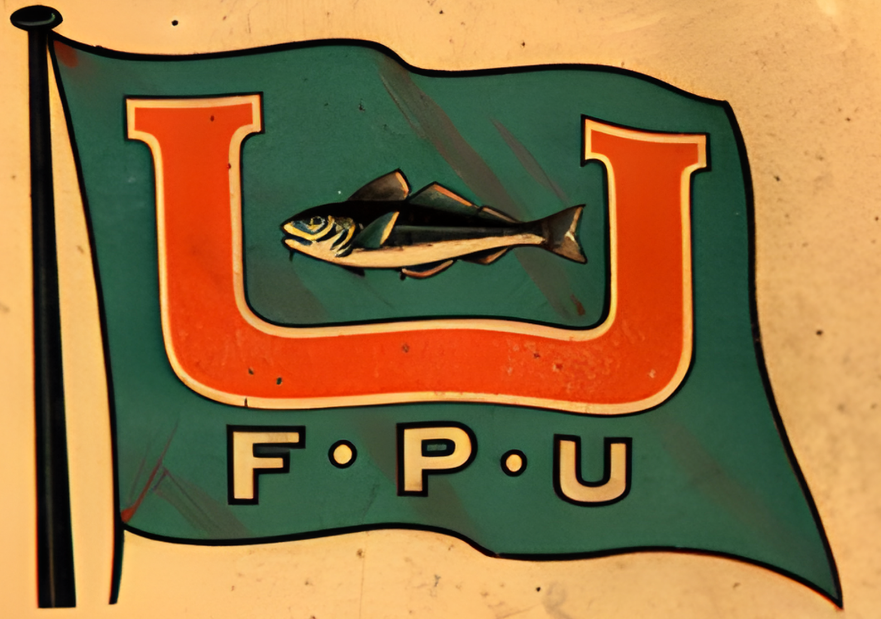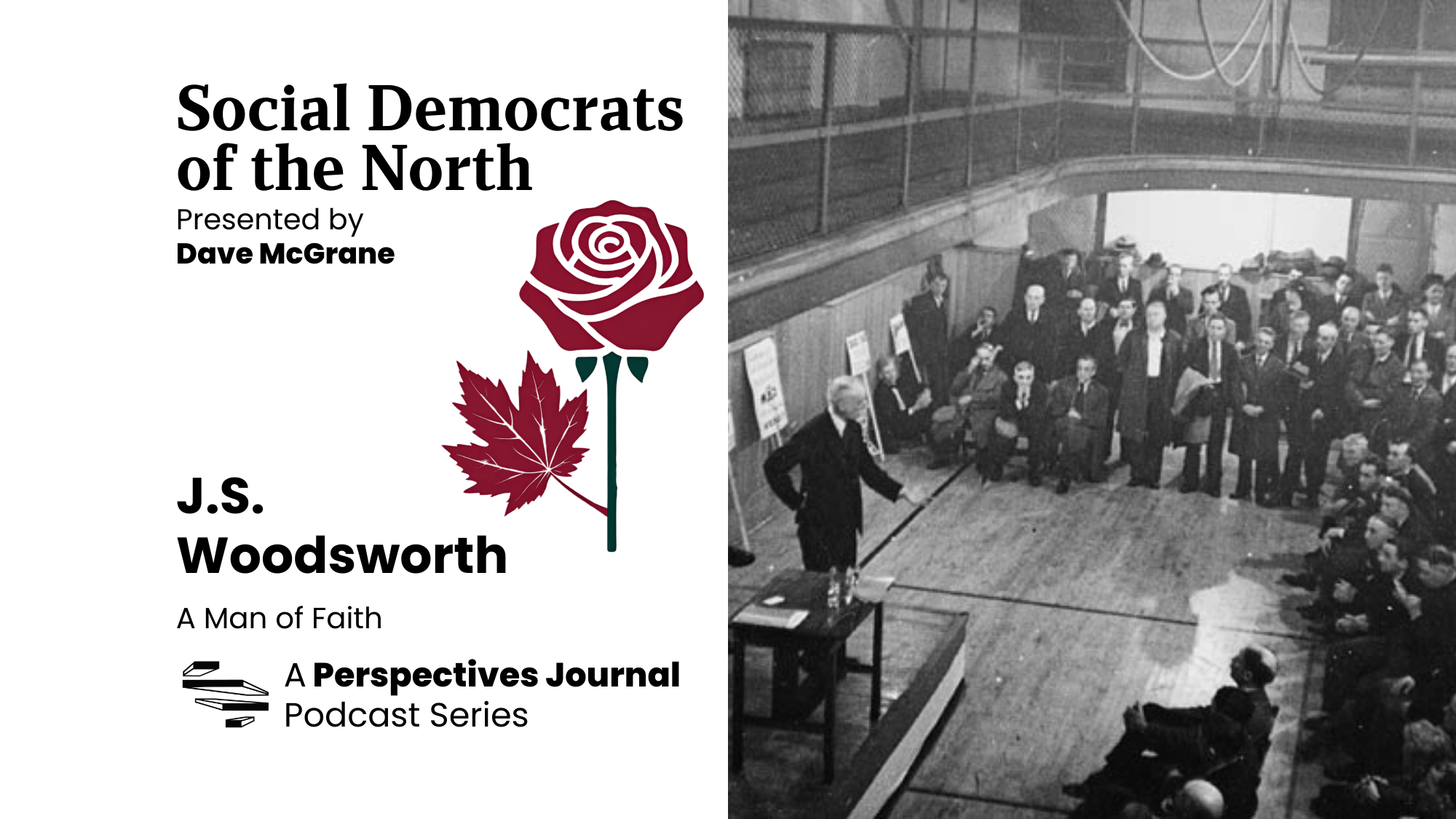Since the very public executions of Alton Sterling and Philander Castile, I find myself in a profound state of sadness.
It is not a sadness that immobilizes but one that makes me see this world much more clearly. The killings, and public reactions, have sharpened my view of both liberal and left discourse, and how they continue to fail Black people and endanger Black lives.
The killing of Sterling and Castile are a symptom of a much larger systemic and structural formation that must be undone. For this reason, both liberals and the left must be challenged to take seriously the ideals they espouse about equity, inclusion and justice. A true adherence to those ideals would indeed produce a different world.
What is plainly evident to Black people, however, is the glaring gap between left and liberal values and action. By this I mean that at the level of policy, politics and the everyday, those who claim to want a more just world remain locked in certain exclusionary perspectives. By and large, their responses to our current emergencies continue to leave Black lives vulnerable and exposed to some of the most brutal conditions of contemporary life, culminating in our brutal deaths.
Black people are dying in our cities, crossing oceans, in resource wars not of our making. In every conceivable arena of life, we are dying and dying in numbers disproportionate to other groups. Indeed, it is obvious that Black peoples’ lives are disposable in a way and fashion that is radically different from other groups globally.
It is from this stark reality of marginalization that I want to propose that any new policy actions in the North American context ought to pass what I will call the Black test. The Black test is simple: it demands that any policy meet the requirement of ameliorating the dire conditions of Black peoples’ lives.
Any policy that does not is not a policy worth pursuing.
This proposal is a challenge to liberals and the left to rethink the very grounds of their desire for national and global transformative change — where it begins and where it ends. It is a challenge to both liberals and to the left whose encounters with Black life seem to always reveal the limits of their policy imaginations.
I focus on liberals and the left here purposefully. It is these two political groups and designations that have taken on the mantel of either dissolving inequality or at the least ameliorating it. Both camps also speak with, on behalf of, and for a sense of community that is bigger than themselves. Both espouse a politics that is guided by an ethics rooted in justice broadly conceived, if different in what means are needed to secure that justice. But, most pointedly, I turn to liberals and the left because their lofty claims have consistently and spectacularly failed Black people in North America while claiming otherwise.
Why is this the case? For me it is very simple and quite clear: since the mid-20th century, both in North America and globally, liberals and the left have wanted to believe that the conditions for Black self-determination have been possible. They have believed in colour-blind responses to the urgent crises of our times.
It is this colour blind approach that is the most significant and fundamental flaw of their respective politics. It bears repeating continually that whatever the economic, social or cultural factors, Black people (and Indigenous peoples in Canada) find themselves at the bottom rungs of all the indicators of well-being and suffer disproportionately the attendant indignities.
We know the dire situation for Black people. And yet, at the level of government, party politics, think tanks, and policy making more generally, Black people receive no focused political attention. Black people remain absent in the corridors of policy making, in political reform debates, in the mobilization of voters, and even debates explicitly about inequality
It is this fundamental intellectual failure that produces a profound sadness for me, a sadness that requires action.
Let me then state that any contemporary political project that does not clearly address Black people will be a failed political project. In the Canadian context we cannot adequately deal with unemployment, housing, education, justice and crime, migration, health care and so on without directly engaging Black people and their everyday lives. Liberal and left organizers and policy makers working on the larger context of inequality who do not see Black people as the epicentre of their concern will fail to make traction in the ways necessary for us to produce a different nation and eventually a different global community.
I do not make this argument based in some notion of Black exceptionalism. It does not negate the need to also address Canada’s colonial legacy and the situation of Indigenous peoples and communities. I make it based in the routinized evidence that we can see everywhere if we care to notice. In prisons, with children in care, in the complexion of unemployment, low educational achievement levels, and health outcomes. The statistics demonstrate Black people’s profound levels of disadvantage, to put it mildly.
If we are serious about change, how can we propose and enact new imaginaries for political, social, economic and cultural transformation without specific engagement with Black populations? How is it not clear to those who work for a different world that a focus on inequality through the evidence and experience of Black people would have to be the foundation upon which radical and actual transformative change is possible?
I want to suggest that both liberal and left normative commitments uphold a systemic white supremacy, and its racial hierarchies place Black people at the bottom everywhere and on every measure. Understanding how whiteness operates, and what it means for Black people is, therefore, fundamental to the answer.
The unseen commitment to these systemic white supremacist logics mean that even those claiming a commitment to change unconsciously act out a negation to blackness and Black people. This political negation remains a dire aspect of our politics for a desired transformation. This political negation requires a new imaginary structure and logic, an urgently needed transformation of what is imaginable by the liberal and left political logics of our day.
To achieve it liberal, and left political logics will have to invent ways of undoing and destroying the ways in which a routinized white supremacist logic frames their understanding of movements like Black Lives Matter; movements which are understood as ultimately only benefiting Black people. It is my contention that as the popular protest slogan goes “when Black people are free, we all are free” is also a philosophical intervention that requires a serious consideration by liberal and left policy makers.
It is with a profound sense of sadness that my own mobilization is one that continually works in the gutters carved out by Black intellectuals whose contributions to global life remain either ignored, erased, or briefly fetishized only to be quickly replaced by some logic that both draws from and simultaneously undermines them.
I think here of the celebration of Thomas Piketty and his book Capital. Every policy proposal should have been put to the Black test. By that I mean it should meet the test of ameliorating Black dispossession, and make Black life possible. When a policy does not meet this test, then it is a failed policy, from the first instance of its proposal.
The kind of political logic that I am calling for requires a different understanding of the world and a new imaginary that exceeds this world as we presently know it. Black intellectuals like W.E.B Du Bois, CLR James, Walter Rodney, Slyvia Wynter, among others have been leading us to this new imaginary for a long time in a sustained fashion.
We have a challenge ahead of us to hear them now.





